As a student pursuing a career in cybersecurity, it's crucial to build a strong foundation of knowledge and skills. To help you on this journey, we've curated a list of the top 5 cybersecurity books that are perfect for students. These books offer a mix of theoretical knowledge and practical insights, equipping you with the tools you need to succeed in the field.
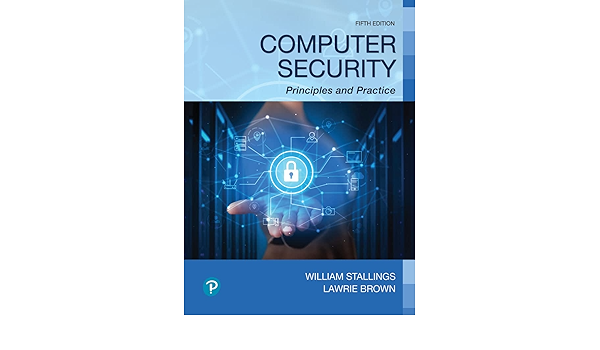
Target Audience: Students, Aspiring Cybersecurity Professionals
Level: Beginner to Intermediate
Authors: William Stallings, Lawrie Brown
About the book: This book provides a comprehensive introduction to computer security, covering both theoretical concepts and practical applications. It delves into topics such as cryptography, network security, and access control, offering a solid foundation for students. The authors use clear explanations and real-world examples to make complex topics accessible, making it an essential read for any student looking to understand the fundamentals of cybersecurity.
What you will learn:
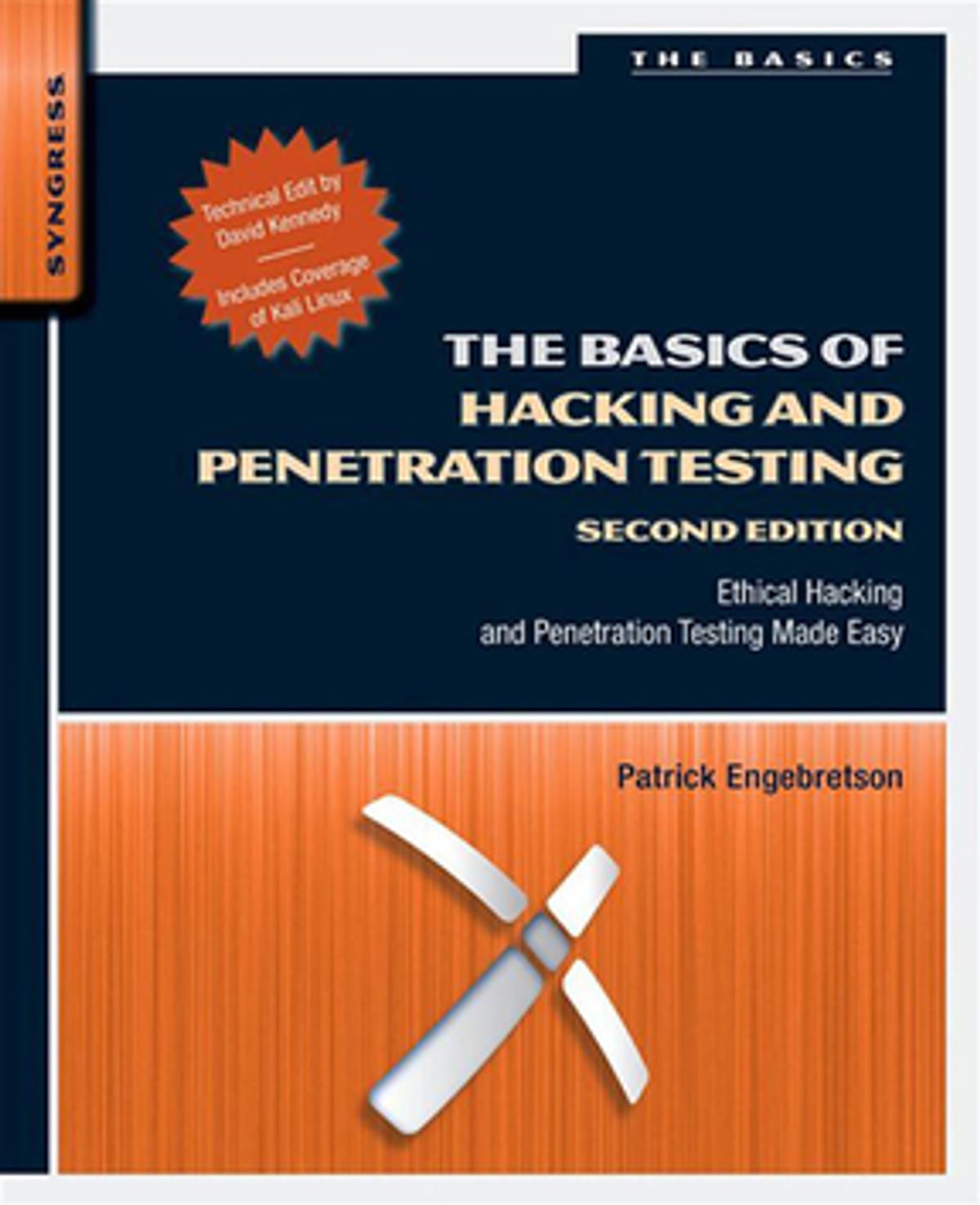
Target Audience: Students, Ethical Hacking Enthusiasts
Level: Beginner to Intermediate
Author: Patrick Engebretson
About the book: This book is a perfect introduction to the world of ethical hacking and penetration testing. It provides step-by-step instructions on how to perform various hacking techniques, making it a great resource for students interested in hands-on learning. The book covers the entire penetration testing process, from information gathering to exploitation, and is designed to be accessible to those new to the field.
What you will learn:
As a student, you should check this Cybersecurity for Students learning path to build your career.
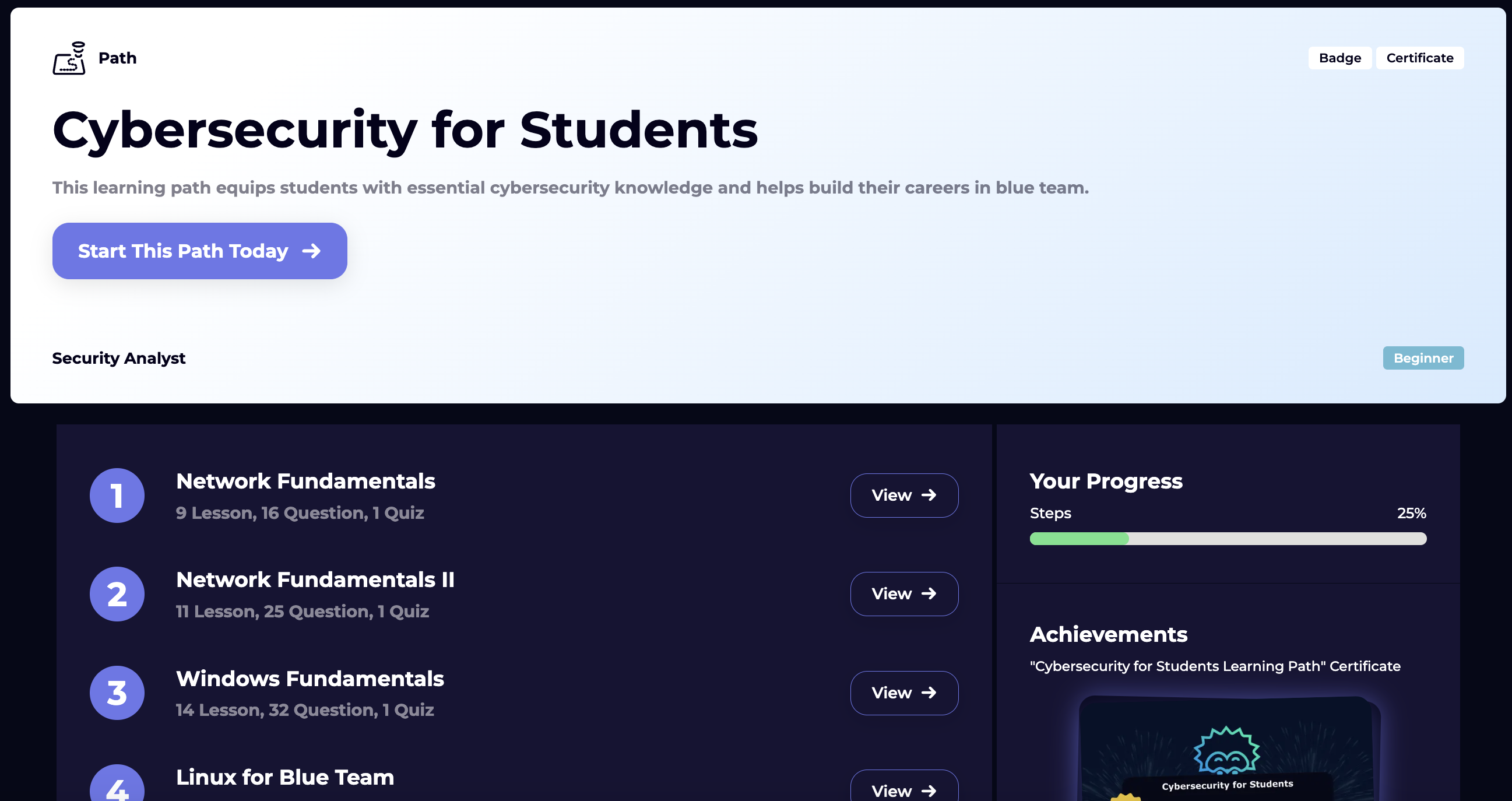
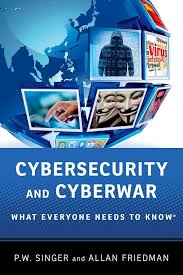
Target Audience: Students, General Audience
Level: Beginner
Authors: P.W. Singer, Allan Friedman
About the book: This book offers a broad overview of cybersecurity and its implications for modern society. It covers topics such as cyberwarfare, cybercrime, and the role of governments in cybersecurity. The authors present complex ideas in a way that is easy to understand, making it an excellent choice for students who want to grasp the big picture of cybersecurity and its impact on the world.
What you will learn:

Target Audience: Students, Aspiring Network Security Professionals
Level: Beginner to Intermediate
Author: Michael Palmer
About the book: This book is a great resource for students who want to build a strong understanding of networking principles, which are essential for a career in cybersecurity. It provides practical, hands-on experience with networking concepts, including how to set up and secure networks. The book's step-by-step approach makes it easy for students to follow along and apply what they learn in real-world scenarios.
What you will learn:
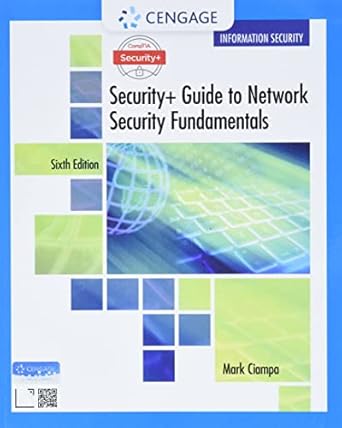
Target Audience: Students, Those Preparing for CompTIA Security+ Certification
Level: Beginner to Intermediate
Authors: Mark Ciampa
About the book: This book is specifically designed for students preparing for the CompTIA Security+ certification, which is a key stepping stone for a career in cybersecurity. It covers the fundamental concepts of network security, including risk management, cryptography, and identity management. The book provides clear explanations and includes practice questions and exercises to help students reinforce their understanding.
What you will learn:

